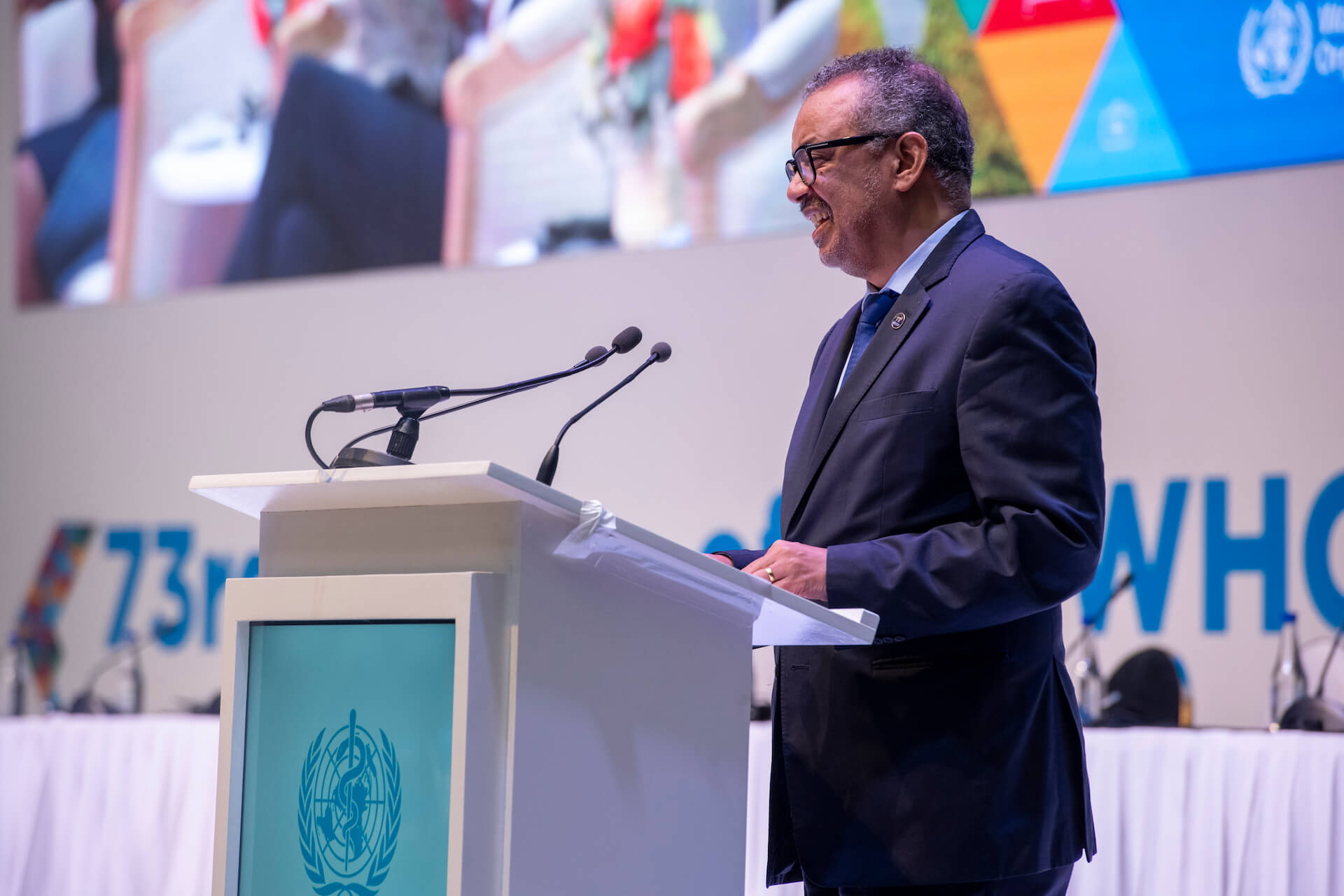Amidst Africa’s gradual recovery from the impact of the Covid-19 pandemic, health ministers, professionals, civil society members, and experts from across the continent are convening for the seventy-third session of the World Health Organization (WHO) Regional Committee for Africa.
With over 800 participants, the event is being held in Gaborone, Botswana, from August 28 to September 1. The gathering aims to discuss and establish key strategies to tackle the region’s health-related issues, promote well-being, and enhance public health.
Addressing the Converging Challenges WHO Director-General, Tedros Ghebreyesus, noted the recent declaration of the end of Covid-19 and smallpox as public health emergencies of international concern. He emphasized that both conditions remain threats to health and highlighted the importance of long-term management and surveillance for these diseases.
Ghebreyesus praised Botswana’s accomplishments in health, particularly in response to HIV, mentioning the country’s achievements in eliminating mother-to-child transmission of HIV and meeting the 95-95-95 targets for HIV testing, treatment, and viral suppression.
Focusing on the Future Highlighting the transformation of WHO over the past six years, Ghebreyesus outlined the “Five Ps” – promote, provide, protect, power, and perform – as the foundation of General Programme of Work 14. This framework aims to address the root causes of diseases and health challenges, such as reducing tobacco and alcohol use, improving diets, increasing physical activity, enhancing water and sanitation, and tackling climate change.
The Climate Crisis and Health
The WHO emphasized that climate change poses a significant health threat globally. The African continent faces extreme droughts, storms, rising sea levels, and other climate-related challenges that impact livelihoods and communities.
Matshidiso Moeti, WHO Regional Director for Africa, stressed the urgent need for decisive action against the climate crisis. She highlighted efforts to support affected countries and communities in providing essential health and nutrition services amidst climate-related disasters.
Strides and Challenges Moeti acknowledged progress in health status and service delivery across Africa, including increased life expectancy. However, she noted persistent challenges, such as low public spending on health and out-of-pocket payments for healthcare. Moeti praised commitments to universal health coverage and health security and called for continued collaboration to ensure a hopeful health future for the African region.
Universal Healthcare in Botswana Botswana serves as an example of universal and free healthcare for its citizens, setting a positive precedent for others to follow.
President Mokgweetsi Masisi recognized the complex challenges faced by the continent, from poverty to food insecurity, and highlighted the need for global collaboration and solidarity to address these issues. He honored Matshidiso Moeti’s contributions with a Presidential Order of Meritorious Service.
In closing, President Masisi urged participants to reflect on strategies to save lives, particularly those of vulnerable populations, and to use their expertise to navigate these critical targets.




